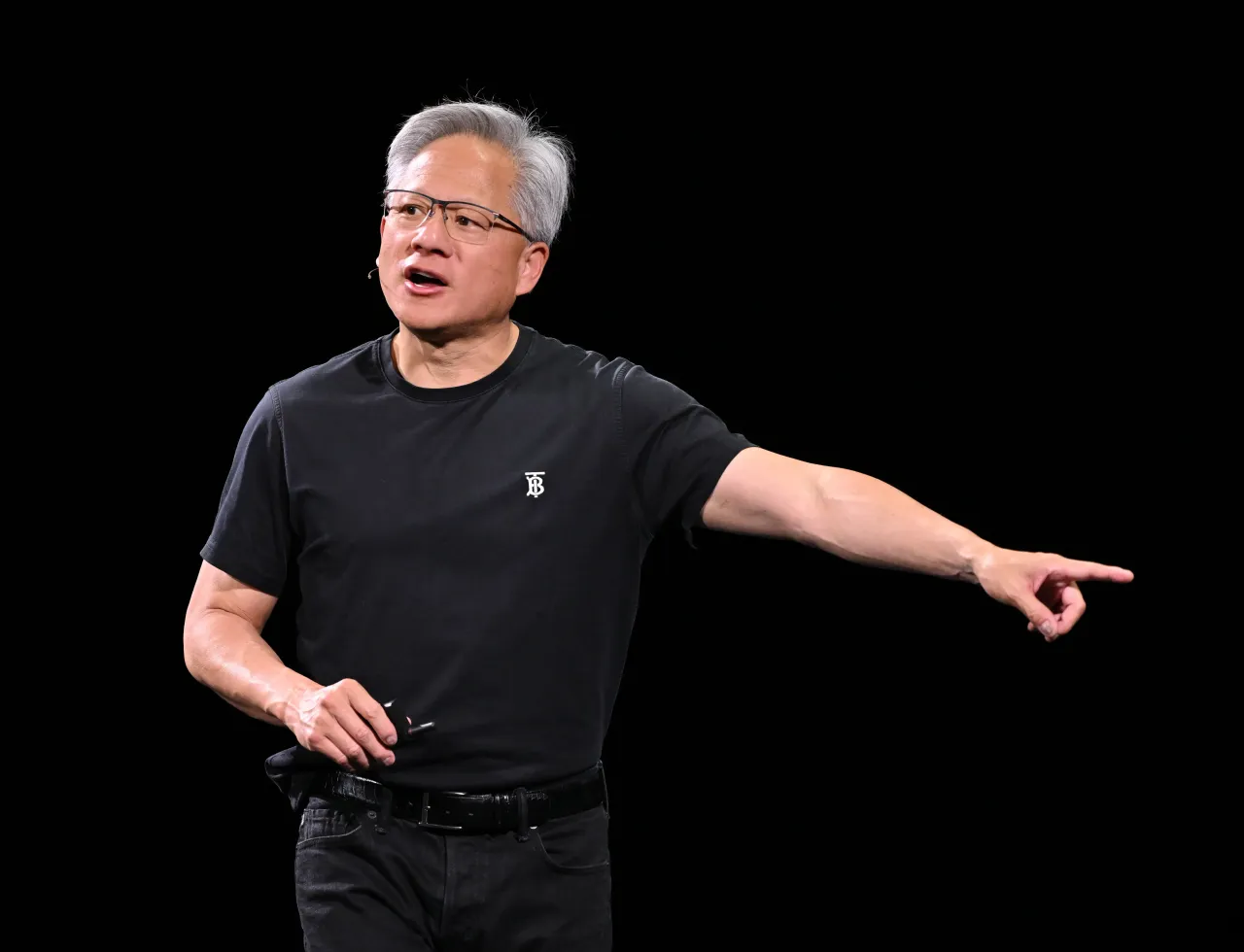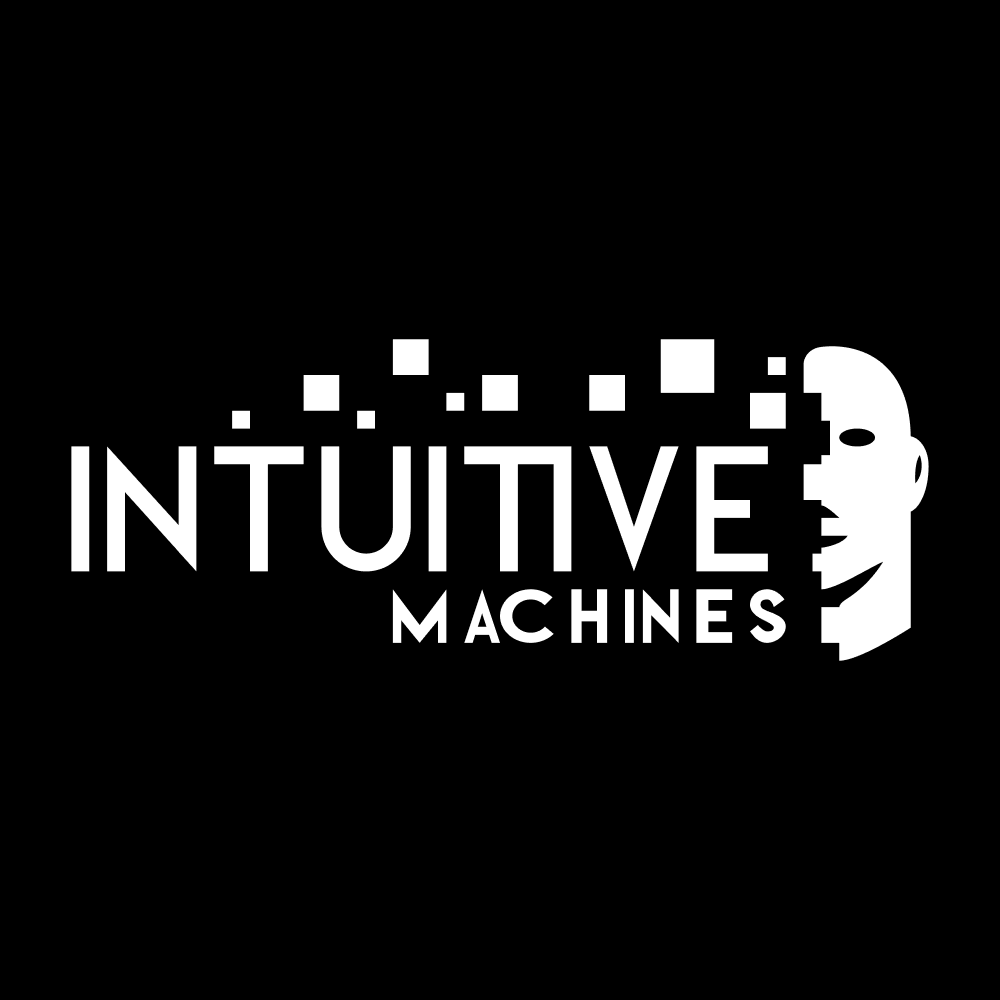Advertisement|Remove ads.
Nvidia CEO Says Chinese Military Unlikely To Use Its AI Chips, Wants 'American Tech Stack' To Be Global Standard Like The Dollar

Ahead of Nvidia (NVDA) CEO Jensen Huang’s China visit, he downplayed the military threat posed by China gaining access to advanced U.S. artificial intelligence (AI) chips. Huang made the comments while appearing on CNN’s “Fareed Zakaria GPS,” which was aired on Sunday.
Following in the footsteps of the Biden administration, Trump’s White House imposed stricter curbs on exports of AI chips to China, which has dented the earnings of the U.S. chipmakers such as Nvidia and AMD.
Denying China the high-end computing power is a tactic, not a goal, Huang said, adding that the goal should be to further the unique relationship the U.S. has with China, enabling both countries to succeed and prosper.
“In order for America to be the world leader, just like we want the world to be built on the American dollar, using the American dollar as a global standard, we want the American tech stack to be the global standard.”
Nvidia has been among the biggest beneficiaries of the AI revolution that has taken hold. Thanks to the rally in the Nvidia stock to a record high, the company has become the first to hit the $4 trillion market cap.
On Stocktwits, retail sentiment toward the stock has stayed ‘bullish’ late Sunday, with the message volume at a ‘high’ level.

Huang said the U.S. needs to search for AI developers worldwide to achieve its objective, noting that “China is incredible in AI because 50% of the world's AI developers are in China and Chinese.”
When asked whether providing the very best AI chips to China would give the Chinese military and Chinese intelligence with capacity to “turbocharge” their weapons, the executive said, “We don't have to worry about that because the Chinese military, no different than the American military, will not seek each other's technology out to be built on top of it.”
“They simply can't rely on it. It could be, of course, limited at any time.”
Secondly, China already has plenty of computing capacity, Huang said, adding that several supercomputers built by “amazing” Chinese engineers are already in operation. He said China doesn't need Nvidia's chips or American tech stacks to develop its military.
Huang also shrugged off the threat posed by DeepSeek, a China-based AI startup that unveiled its first reasoning large-language model (LLM) in January. “There were concerns about — that it was trained in China and that it could be dangerous for that reason. First of all, there's no evidence of that,” he said. “And whatever evidence there is, if anybody has it, you could just fine-tune and distill it out.”
The open nature of the technology empowered startups, new companies and countries to be able to engage in AI, he added.
The Nvidia CEO also delved into whether AI will lead to job losses. “I would say if the world runs out of ideas, then productivity gains translate to job loss. But over the course of the last 300 years, a hundred years, 60 years, even in the era of computers, not only did productivity go up, employment also went up,” he said.
For updates and corrections, email newsroom[at]stocktwits[dot]com.












/filters:format(webp)https://news.stocktwits-cdn.com/large_LUNR_Intuitive_Machines_resized_jpg_5655032711.webp)
/filters:format(webp)https://news.stocktwits-cdn.com/vivekkrishnanphotography_58_jpg_0e45f66a62.webp)
/filters:format(webp)https://news.stocktwits-cdn.com/large_stock_chart_falling_resized_jpg_c0ce61eff2.webp)
/filters:format(webp)https://st-everywhere-cms-prod.s3.us-east-1.amazonaws.com/Rounak_Author_Image_7607005b05.png)
/filters:format(webp)https://news.stocktwits-cdn.com/large_MSTR_caaa0be909.webp)
/filters:format(webp)https://news.stocktwits-cdn.com/Anushka_Basu_make_me_smile_in_the_picture_b92832aa_af59_4141_aacc_4180d2241ba8_1_2_png_1086e0ed8c.webp)
/filters:format(webp)https://news.stocktwits-cdn.com/large_Getty_Images_1903197985_jpg_2c45018acb.webp)
/filters:format(webp)https://news.stocktwits-cdn.com/shivani_photo_jpg_dd6e01afa4.webp)
/filters:format(webp)https://news.stocktwits-cdn.com/large_Trending_stock_resized_may_jpg_bc23339ae7.webp)
/filters:format(webp)https://news.stocktwits-cdn.com/large_Getty_Images_2203138957_jpg_dd735f9905.webp)